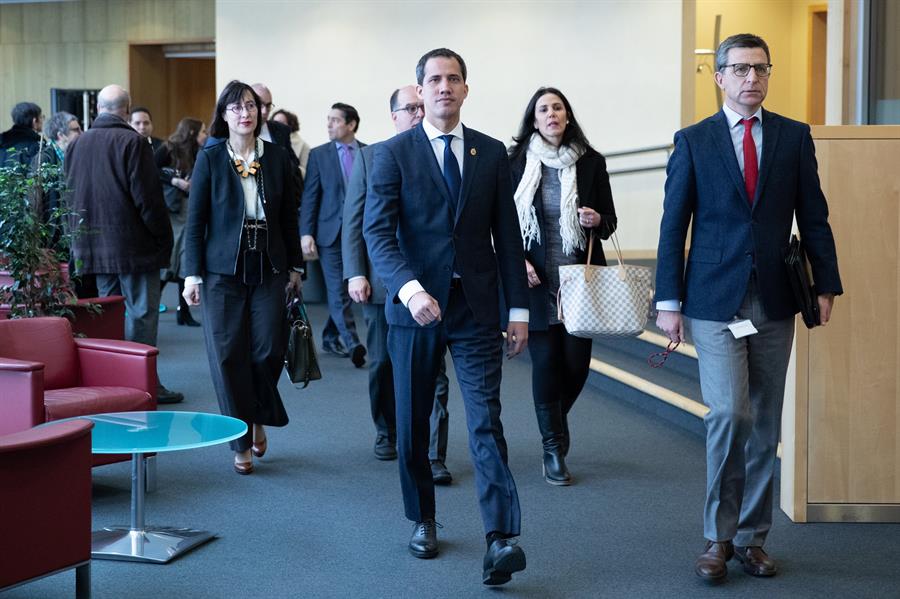
Spanish – One of the right measures taken by the previous government was to create a mechanism so that foreigners who commit crimes within Argentine territory can be deported to their countries of origin. Logically, at the time, the left came out to actively question the initiative, and Kirchnerism found an ideal excuse to condemn the so-called “right-wing” that represented Mauricio Macri’s administration.
According to Macrismo’s decree, three thousand people were expelled from Argentina between 2016 and 2019 and sent back to their respective countries of origin. Now, in an attempt to differentiate itself from the previous political process, the government of Alberto Fernández and Cristina Kirchner is seeking to rescind the regulations. The justification? Classic. That it is a xenophobic mechanism against immigrants.
The leaders of Together for Change, already in opposition mode, came out to defend the mechanism they implemented a few years ago. The former Minister of Security, Patricia Bullrich, said that if the decree in question were to be repealed, Argentina would experience “a setback” and a situation of greater “free rein for crime” would arise.
Michel Ángel Pichetto described the measure as “imbecility” and said that foreigners who commit crimes “must be expelled.” “This is what any serious and intelligent country does. They commit crimes, and we leave them in the country? It is absurd. We ought to put the Argentines first,” said the former vice-presidential candidate.
The fundamental question is one of economics and common sense
Beyond Pichetto’s ambiguous, if bizarre, “Argentines first” argument, which no doubt does sound somewhat xenophobic, the analysis must focus on the other side. In Argentina, prisons are overcrowded, the justice system is overwhelmed with cases, and the possibility of getting rid of undesirable elements of society outside the borders of a country in chaos should be an opportunity. Let one thing be clear: the fact that criminals are unwanted elements for civilized society has nothing to do with whether they are Argentineans or foreigners. The only difference is that, given the political structure of “countries,” we can at least get rid of (yes, get rid of) a percentage of criminals. I wish we could do the same with those born and raised here, of course. But this is not possible, and under these circumstances, we do have to take charge of a penal, judicial, and penitentiary system for Argentine criminals.
Argentina has a healthy tradition of openness to immigration, a fundamental value of Juan Bautista Alberdi’s liberal Constitution, which guarantees full rights for all “men of the world who wish to inhabit Argentine soil.” From the immigration wave of our grandparents to this power nation at the beginning of the previous century to the arrival of thousands of Venezuelan migrants from the Chavista tyranny, our country has been an example of openness to good and hard-working people. But in the name of that same spirit, we must take care of honest people within the territory (no matter where they were born), and to do so, we must implement the most intelligent measures available to us.
 Versión Español
Versión Español













